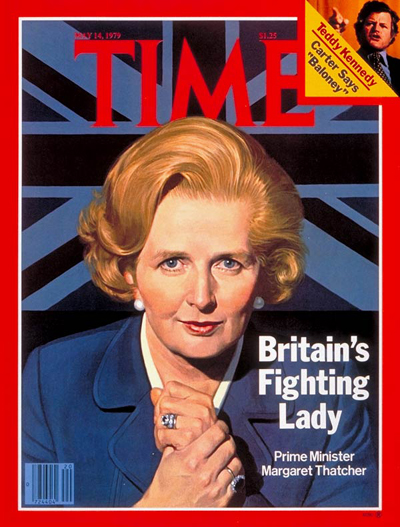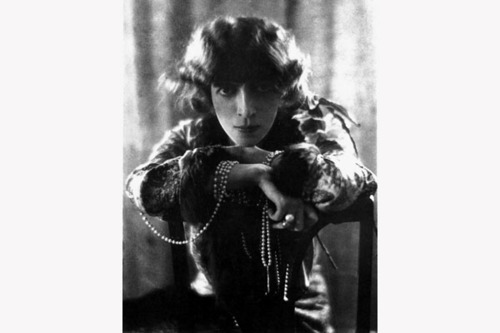“In politics, if you want anything said, ask a man — If you want anything done, ask a woman.” — Margaret Thatcher 1982.
Margaret Thatcher, known best as the ‘Iron Lady’ and former Prime Minister of Great Britain (from 1979-1990), will forever be remembered as the United Kingdom’s most powerful Prime Minister since the days of Winston Churchill.
She entered government during difficult times, and is largely credited to turning things around. Labor Unions were on strikes for various reasons, and the nation’s economy was facing recession. As the first ever woman Prime Minister, and leader of the Conservative Party, Margaret Thatcher put a plan into action. She privatized public housing and formerly nationalized enterprises such as coal, iron, steel, gas, electricity and water supply, and restricted some of the power of trade unions. Her riskiest move of all was the way she tried to control inflation. She believed inflation was a disease of money and only controlling the money supply could cure, and that she did. During her tenure, inflation fell from 27% in 1975 to 2.5 % in 1986.
She never lost an election, and won wars — most notably the Faulkland Islands. She forged a key alliance with President Ronald Reagan, where Britain and the US became the most powerful allies in fighting the Cold War.
Born into a middle-class family in Grantham, Lincolnshire (13 October 1925), Martha neither knew great lack or great privilege in her youth.
Margaret’s father, Alfred, was the single biggest influence in her life.
He stressed the importance of handwork and duty, and always asked her to form her own opinions on matters. She graduated from Oxford in 1947, with a degree in Chemistry, and was the first in her family to go to University. In 1951 she met Denis Thatcher, a wealthy divorced businessman, with whom she married and had two sons. He funded her continuing education, which enabled her to become a barrister. This man must have been an incredible man for knowing and understanding who Margaret was and supporting her in her dreams. And she was also quite grateful.
When she finally resigned as Prime Minister, she asked the Queen that Dennis not she, be given an honorary title, as Sir Dennis.
As much as she didn’t have many close women friends and enjoyed the company of men, she had no qualms about her identity as a woman. When running for premiership, she explained, “Any woman who understands the problems of running a home, will be nearer to understanding the problems of running a country.”
Respected by Presidents, World Leaders, and civilians Margaret Thatcher will be remembered as a strong politician who was never afraid to put up a fight for her country. I can’t wait to see the new movie coming out that features Meryll Streep as Mrs. Thatcher. I hear that the movie is not so kind to her, but in the world of politics, even the kindest of women is fair game.




